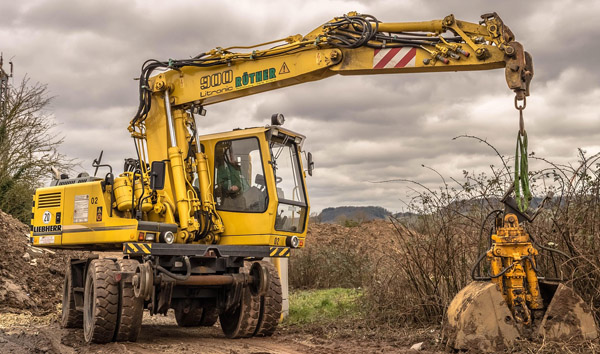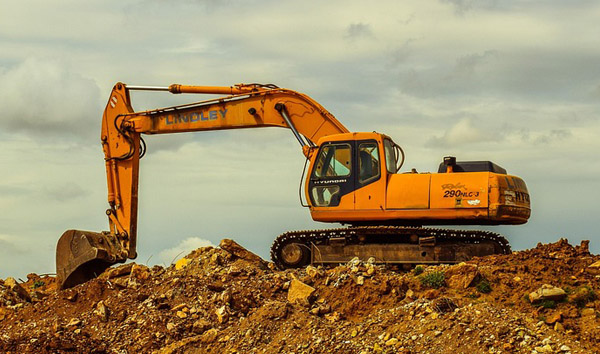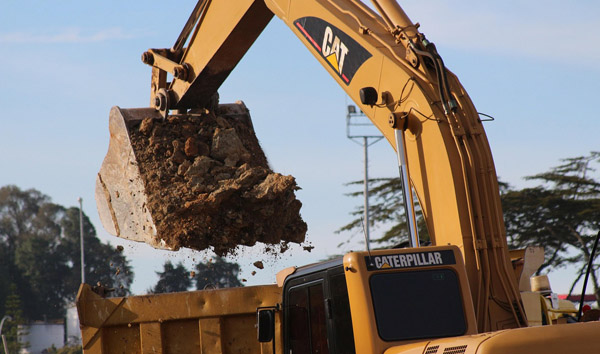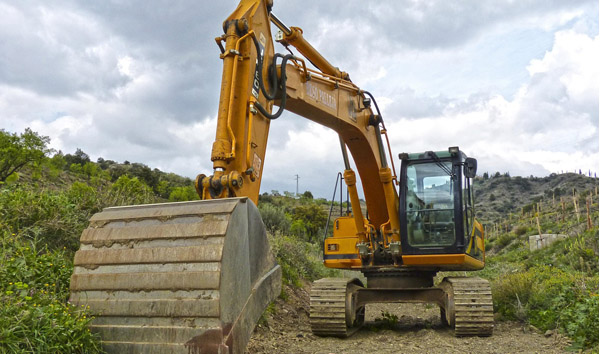Navigating the Rugged: Key Specifications of All-Terrain Forklifts
2025-07-25 05:35:26
All-terrain forklifts are indispensable in industries requiring heavy lifting across uneven or unpaved surfaces. These machines typically feature robust load capacities ranging from 3,000 to 12,000 kg, ensuring they can handle bulky materials with ease. Additionally, their high ground clearance—often exceeding 300 mm—allows them to traverse rough terrain without compromising stability. The inclusion of four-wheel drive (4WD) systems further enhances traction, making them ideal for muddy or sandy conditions.
Engine performance is a defining factor for all-terrain forklifts, with most models powered by diesel or LPG engines delivering 50–150 HP. These engines provide the torque necessary for climbing inclines up to 30%, a common requirement in construction and forestry applications. Advanced emission control systems, such as Tier 4 Final compliance, ensure these forklifts meet stringent environmental regulations. Fuel efficiency is another critical consideration, with modern designs optimizing consumption to reduce operational costs.
Tire specifications play a pivotal role in the functionality of all-terrain forklifts. Pneumatic tires, often with deep treads, are standard for superior grip on loose or wet surfaces. Some models offer foam-filled or solid tires for puncture resistance in rocky environments. The tire size typically ranges from 16 to 24 inches, balancing mobility and load-bearing capacity. These features collectively enhance durability, minimizing downtime in harsh working conditions.
Operator comfort and safety are prioritized in all-terrain forklift designs. Ergonomic cabins with shock-absorbing seats reduce fatigue during extended shifts. Enhanced visibility—through wide windows and LED lighting—ensures safe operation in low-light conditions. Safety features like load moment indicators (LMIs) and anti-rollover systems further mitigate risks, aligning with OSHA and ISO standards. These elements are crucial for maintaining productivity while safeguarding personnel.
Technological advancements are reshaping the all-terrain forklift market. Telematics systems enable real-time monitoring of performance metrics, from fuel usage to maintenance alerts. Hybrid and electric models are gaining traction, offering quieter operation and lower emissions. As industries increasingly prioritize sustainability, these innovations position all-terrain forklifts as versatile, future-proof investments for challenging work environments.














